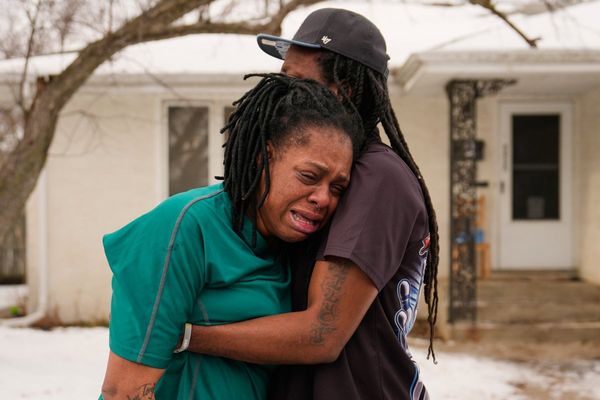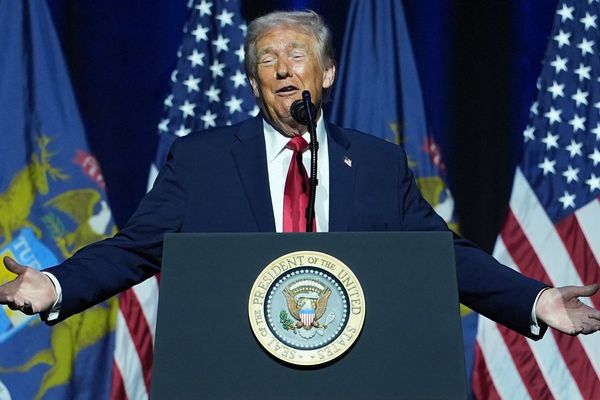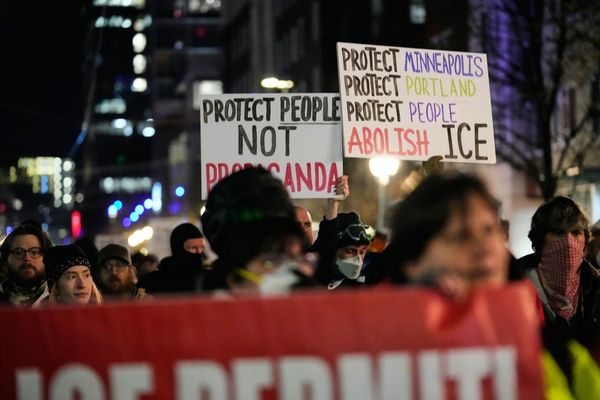
As the fallout of the Venezuelan election continues to unfold, President Nicolas Maduro is further cracking down on social media, most recently attacking one of the most popular platforms in the country— TikTok.
Concretely, Maduro assured that the platform "took me off the air" and suspended his account until Aug. 19.
"I accuse the managers and owners of TikTok of wanting civil war in Venezuela, of supporting fascism in Latin American and the world," Maduro said in a speech. "They are responsible for the arrival of Milei and the fascists, they have a TikTok alliance with fascism."
His declarations come just a few days after he declared TikTok, Instagram and Whatsapp of spreading hatred aimed at dividing the Venezuelan people and inciting violence, describing those intentions as a "criminal coup d'etat."
Maduro's opposition to TikTok is also related to a recent set of regulations that the Venezuelan Parliament is currently promoting. In that initiative, lawmakers will be cracking down on a variety of social media platforms through the reform of a law against hate, frequently used to charge opponents, the President of the National Assembly said.
The initiative is part of a package of laws promoted by the assembly leader, which also includes the approval of a law to regulate NGOs and another to punish "fascism," a term with which the government also usually refers to its detractors.
"Venezuela needs to regulate the operation of social networks," said Rodriguez.
"We are going to dedicate ourselves to the task in this period of sessions of approving a package of laws that you have requested to be able to care for and defend our population from hatred, expressions of social hatred, terrorism and the dissemination of ideas, fascists and hateful ideas on social networks," he continued.
Maduro and his allies have also banned the social media platform X, formerly Twitter, in the country for 10 days, after a public dispute with its owner Elon Musk. The President said last week he signed a proposal with the National Telecommunications Commission (Conatel) to take the social network out of circulation.
The government is also targeting NGOs, having already approved a law that regulates its financing and is also proposing the banning of parties and fines up to $100,000 for companies, organizations or media that finance activities or disseminate information that incites fascism.
These laws are set to be officially passed in the second round of discussions.
"There are many non-governmental organizations that are the front for financing terrorist actions," said Rodriguez. "We are going to review the law against hatred to incorporate elements related to sowing hate on social networks."
The law against hatred of 2017 establishes penalties that can include 20 years in jail, media shutdown, and fines to companies and electronic media that speak ill of the government.
© 2024 Latin Times. All rights reserved. Do not reproduce without permission.







